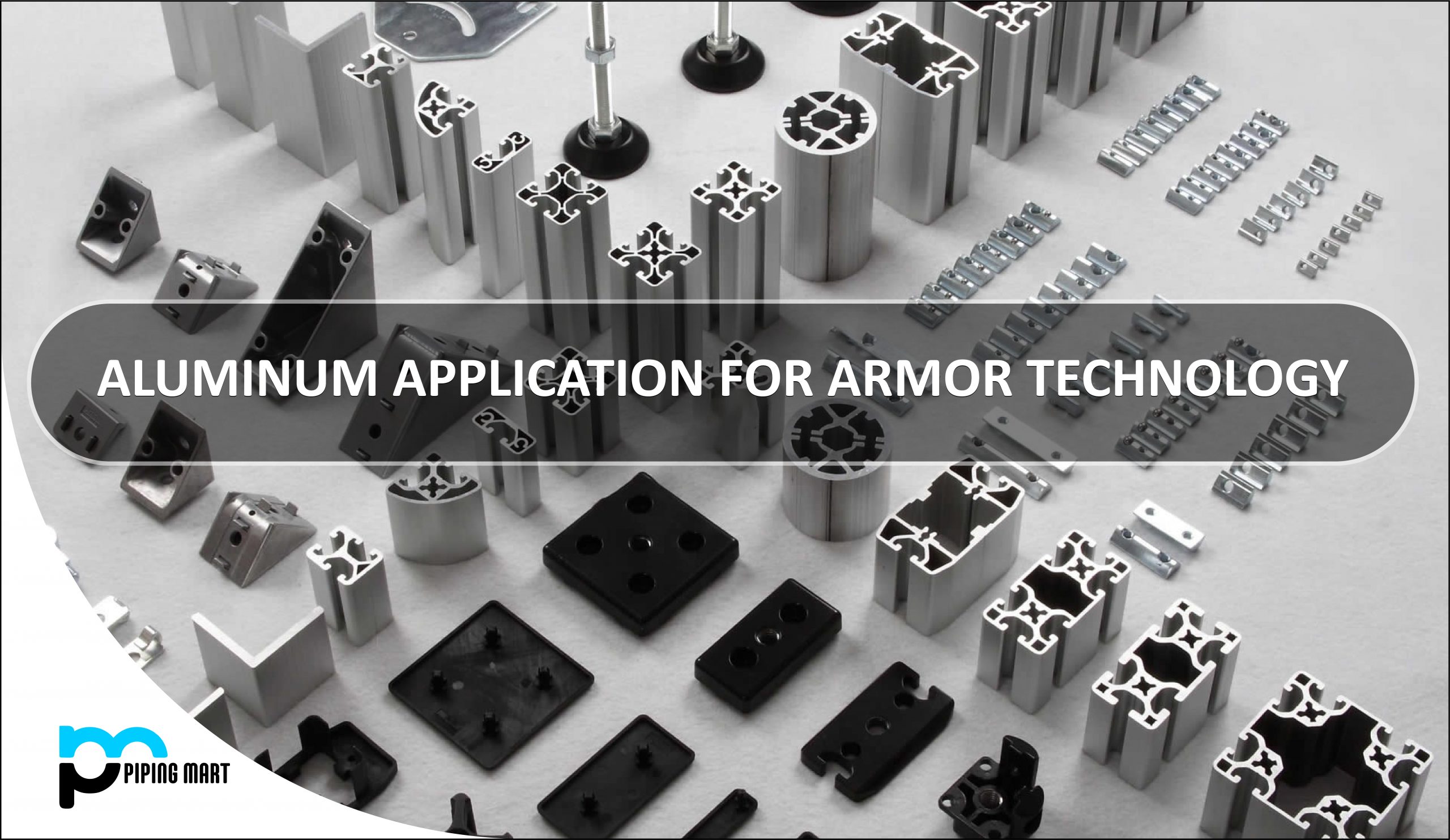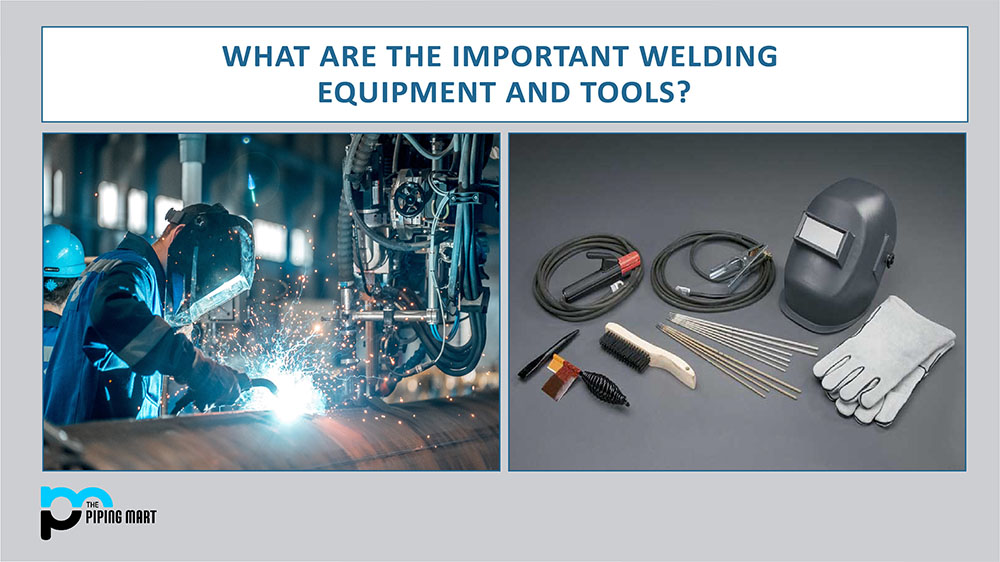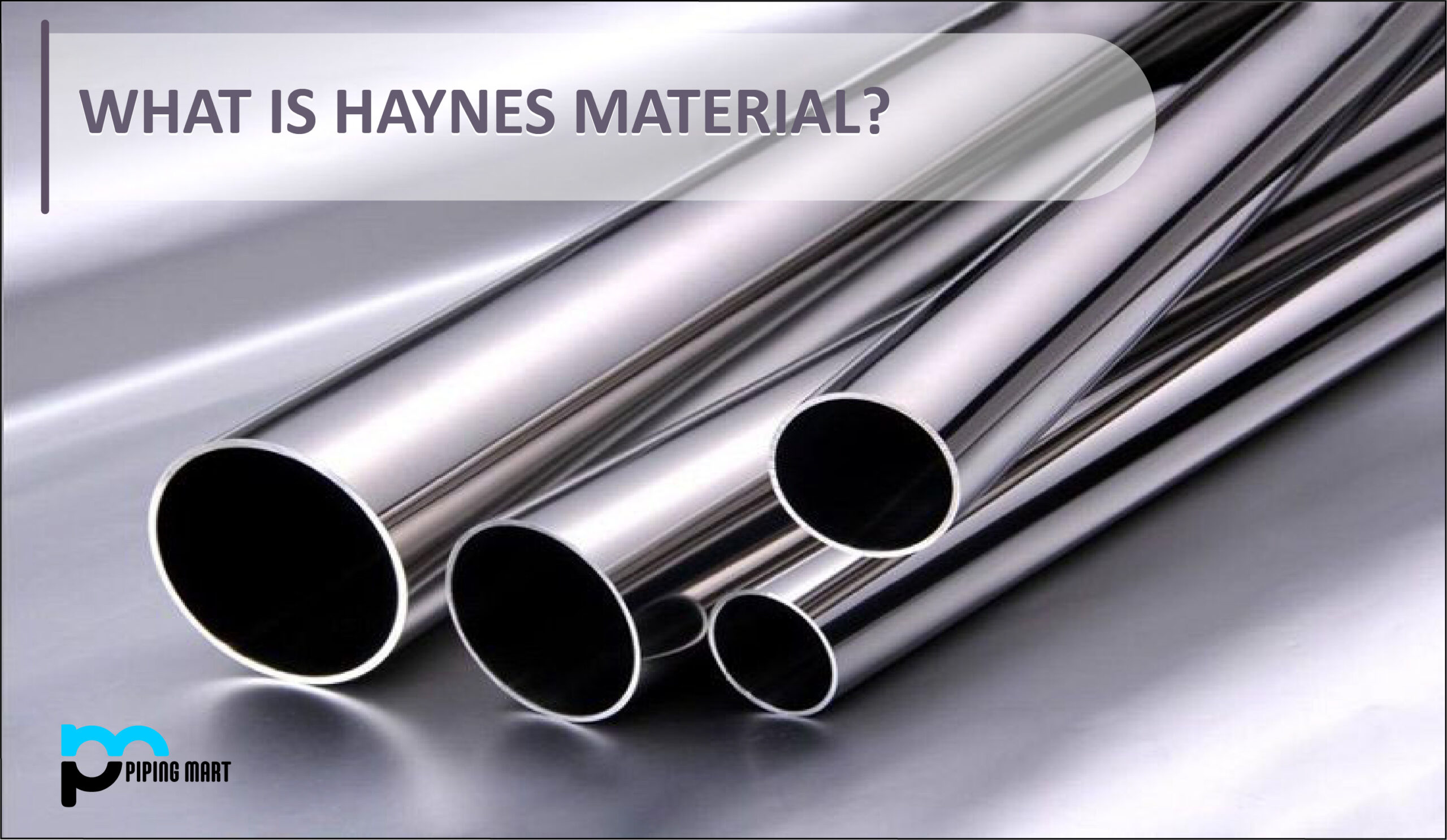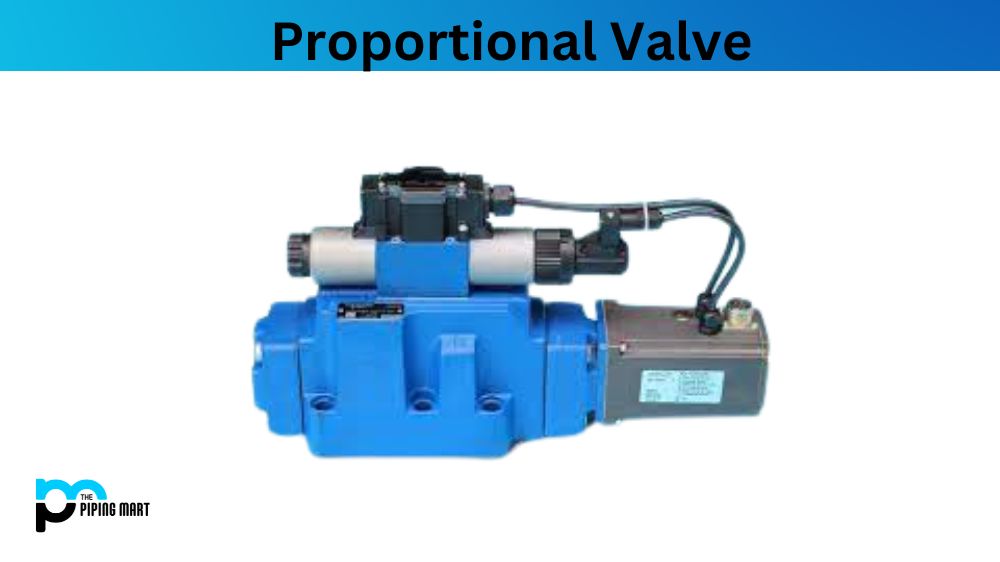What Is Armor Plating?
Armor plating is commonly used to protect military vehicles from bullets, missiles, explosives, and shrapnel impacts. Tanks, troop carriers, and other similar vehicles can be designed for use on land, air, or sea. Civilian vehicles, such as government vehicles, armored cars used to transport money and other valuables, and security vehicles for high-risk individuals, can also be reinforced with armor plating. Armor plating is used to reinforce some spacecraft.
The type of plating chosen is largely determined by the vehicle’s mobility requirements. A slow-moving tank, for example, will be made of heavier and thicker materials than a small, fast vehicle designed to transport personnel in a conflict zone.
Armor can also be made of a variety of materials, including aluminum, stainless steel, wrought iron, titanium, Kevlar, high-performance ceramics, buckypaper, and aluminum foam. Today, nanomaterials and composites are being used in ways that were unthinkable just a few decades ago.
What Makes Aluminum an Excellent Choice for Aluminum Plating?
Due to several advantages, aluminum is an excellent material for many types of armor plating. The most obvious advantage of aluminum is its lightweight. Aluminum has one-third the density of steel, making it one of the lightest metals. Despite this, it maintains a high strength-to-weight ratio. For vehicles that must be transported by air, such as troop carriers, ballistic performance must be balanced with low weight.
The development of aluminum alloys, which included the addition of magnesium, copper, silicon, zinc, and other elements, allowed for the production of the high-strength aluminum products that are so widely used today. Pure aluminum is soft and lacks the strength required for the majority of high-performance applications.
Aluminum’s corrosion resistance, in addition to its high strength-to-weight ratio, makes it ideal for armor plating. As its surface reacts to the oxygen in the surrounding air, aluminum naturally forms a passivation layer. Certain alloys are so corrosion resistant that they can be used in marine applications or other highly volatile environments.
It should be noted that, while aluminum is widely used in vehicle armor plating, it is not commonly found in body armor or helmets. This is because certain high-grade ceramics are more popular, though alumina, a commonly found ore containing aluminum, is a material widely used for these ceramics.
Which alloys work best for aluminum plating?
Ballistic protection, weldability, and corrosion resistance are the primary considerations in selecting alloys for the aluminum plate. Ballistic protection is measured using two metrics: resistance to penetration by an armor-piercing (AP) projectile with a pointed leading end, such as a.30 caliber, and resistance to spallation by a fragment stimulating (FS) projectile with a blunt leading end, such as a 20 mm. The fragmentation of the back side of an armored plate opposite the point of the projectile impact caused by a compressive wave is known as spallation.
Aluminum alloys 5083, 6061, and 7039 are the most commonly used for armored plate applications. 5083 complies with US Military Specification MIL-A46027F, while 7039 complies with US Military Specification MIL-A46063E. While 7039 outperforms 5083 in AP performance, 5083 outperforms 7039 in FS applications. The improved ballistic properties of 7039 are offset by its lower corrosion resistance and welding difficulty.
The 5xxx series contains many of the most commonly used alloys in armor plating. These non-heat treatable alloys use magnesium as the primary alloying agent and are known for having the highest strength of all non-heat-treatable alloys. Because these alloys are also well suited for welding, they will be found in shipbuilding, transportation, architecture, and other similar applications in addition to armor. 5456, 5083, and 5059 are specific 5xxx alloys used for armor plating.

Pipingmart is B2B portal specializes in industrial, metal and piping products. Also, share latest information and news related to products, materials and different types grades to help business dealing in this industry.




